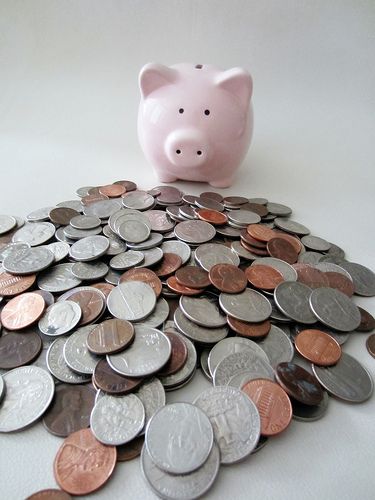When children begin receiving money on a regular basis is the best time to start teaching them financial principles. Some kids are given cash or investment certificates by family members for their birthdays and holidays. Allowances may be allocated based on kids’ ability to handle certain chores around the house, like making beds, washing dishes, or dusting furniture. Teens often get part-time jobs while still in high school. Teaching them how to be responsible with earnings will provide key principles for future financial health and success.
Budgeting
Learning how to channel money into various uses is a fundamental financial guideline. Although children often initially view their first cash gifts or earnings as a windfall, it is important for parents to teach them that money can and should be used for various purposes. Once kids realize they shouldn’t just spend it all on the latest toy trend, they will begin to develop a healthy respect for money and how to put it to good use. You could even take them to a meeting with your financial planner, to show them how you use and budget your finances. Show your kids how to budget through your own example.
Saving
One of the most important things kids can learn about finances is the value of a savings account. They often feel grown up and proud of themselves when they are taken to the bank or assisted with an online account to deposit funds into their savings account or into an investment account. Watching their money grow helps to foster an organic appreciation for healthy money management skills. It also provides a safety net for future financial goals or needs, like a bicycle or summer camp.
Spending
Similarly, kids need help in learning how to spend their discretionary income. The larger the sum, the more guidance they may need to avoid making a careless mistake with a special cash gift or their earliest paychecks. Younger children can be taught how to spend on a toy that is educational or likely to have a benefit beyond immediate playtime, such as a collector’s item or a game that can be played with friends. Items like candy or cheap toys that break within a day or two illustrate the importance of making better purchasing decisions in the future.
As they get older you might consider allowing your children to buy their own clothes. Give them a set clothing budget before school starts and then take them to the store. You can start by giving them the money in cash so they can actually see how much they have left. Later on, you can load a debit card for them. At first, you might be worried that they will blow their entire budget on an expensive set of Nikes or Jordans (or a Coach purse). So you might want to warn them that this is all they get. The kicker is that anything they don’t spend they get to keep. After that talk they may prefer shopping at the local thrift store rather than at the expensive department store.
Sharing
Many children raised in religious homes are taught to give a portion of their gifts or earnings to a place of worship or to a charity. This reinforces the idea that material things are meant to be shared with others, especially those who are in need. Learning to part with valuable income can help kids to put money in its place rather than let it dominate other areas of life.
Children who learn financial literacy while young have a good chance of practicing those values as an adult. These precepts can help to provide them with a secure future.
You might also like:



